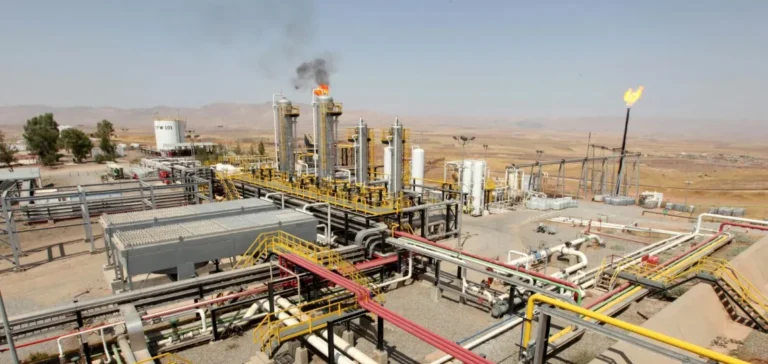Iraq has officially resumed crude oil exports from the autonomous Kurdistan region in the north of the country via the pipeline connecting Kirkuk to the Turkish port of Ceyhan. The Ministry of Oil announced the restart of flows, halted since March 2023 due to structural disagreements between Baghdad, Erbil and foreign operators.
The Iraq-Turkey pipeline, with a capacity exceeding 400,000 barrels per day, had been shut down following a ruling by the arbitration court of the International Chamber of Commerce in Paris, which granted exclusive management of oil exports to the Iraqi state. Prior to this, volumes had been marketed independently by Kurdish authorities without federal approval.
Operational agreement with foreign companies
The State Oil Marketing Organization (Somo), Iraq’s public crude marketing entity, stated it will receive 190,000 barrels per day for export, while 50,000 barrels per day will be allocated for domestic consumption. The restart was confirmed by Turkish Energy Minister Alparslan Bayraktar, who reported the oil flow resumed in the pipeline at 07:00 local time.
An agreement was reached between Baghdad, Erbil and eight international oil companies operating in the region to allow the resumption. The text requires a meeting within 30 days with Kurdish authorities to establish a mechanism for settling debts, estimated at $1bn, owed to the companies for past deliveries.
Estimated losses of $35bn
The Association of the Petroleum Industry of Kurdistan (APIKUR), representing several affected operators, estimated cumulative losses at over $35bn since exports were halted. Production costs, transportation taxes, and outstanding payments have remained key points of contention between public and private stakeholders.
Norwegian group DNO ASA declined to join the agreement, stating the resumption of exports should occur under contractual terms that ensure payment security. This stance could affect flow stability if other operators question the terms of the restart.
A central issue for Iraq’s economy
Oil remains the key resource of the Iraqi economy, accounting for 90% of public revenues. According to figures from Somo, Iraq exports an average of 3.4mn barrels per day. The return of Kurdish volumes therefore plays a strategic role in budget planning and in managing international relations, particularly with Turkey and Western energy firms.
U.S. Secretary of State Marco Rubio noted that the tripartite agreement was facilitated by the United States, contributing to commercial visibility in a region long affected by disputes between federal and regional powers.






















